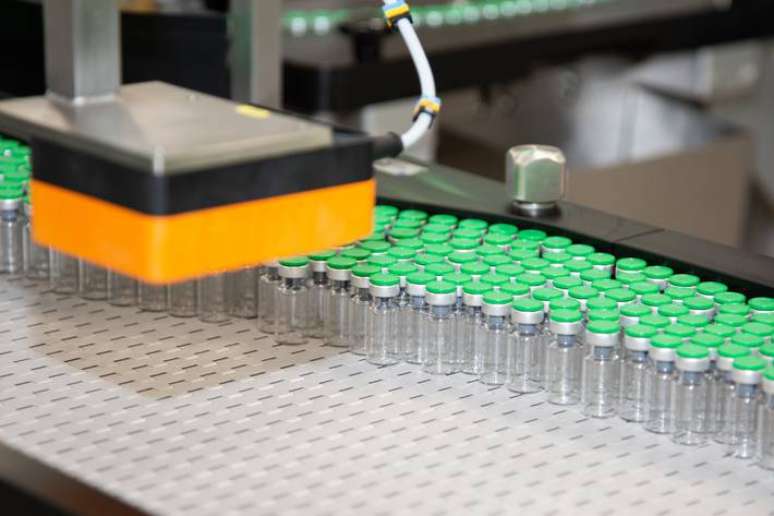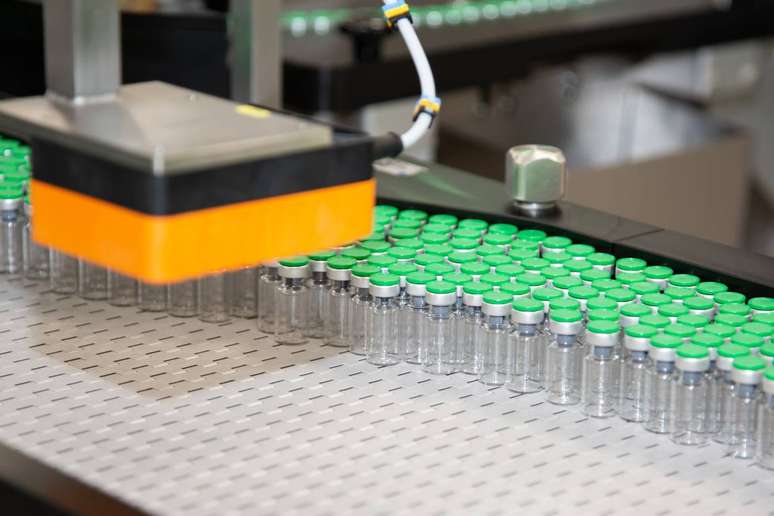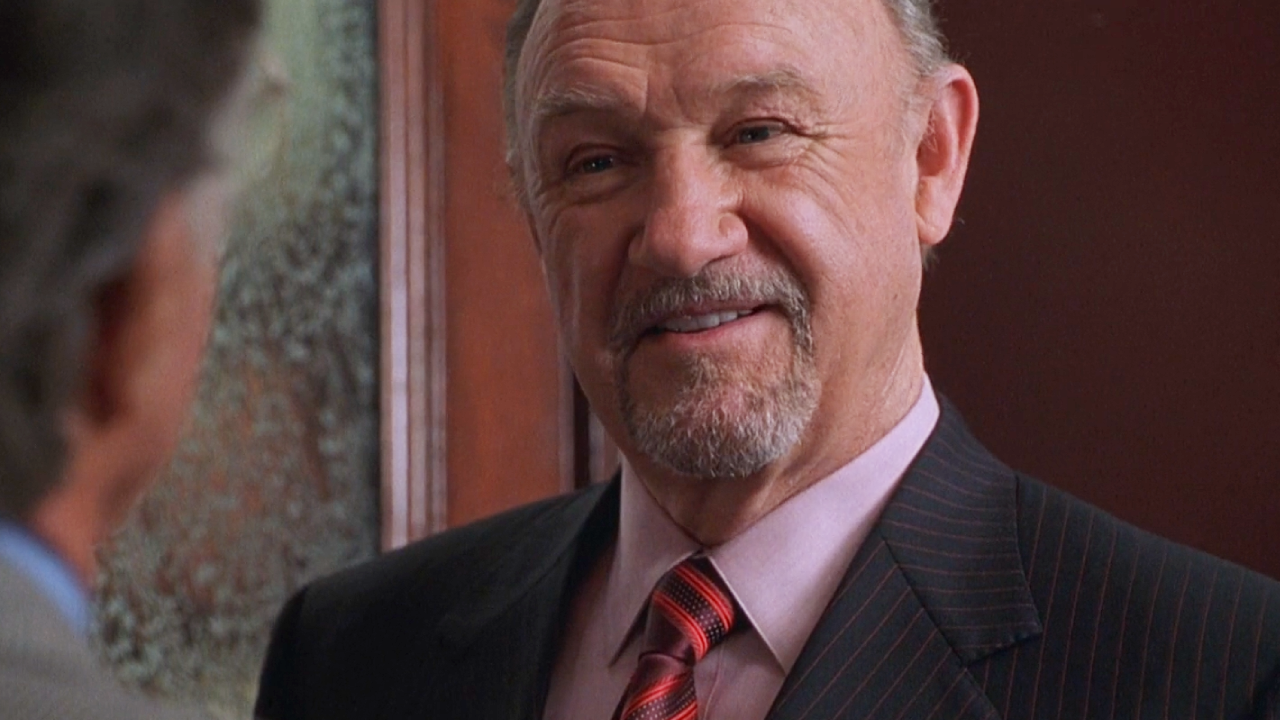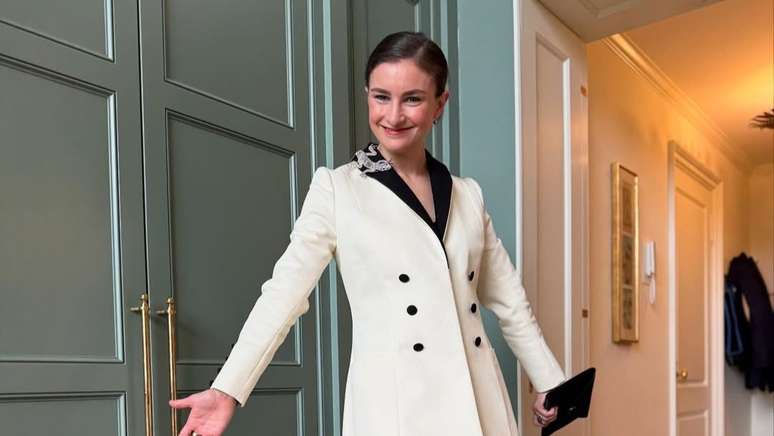The Ministry of Health will meet states and municipalities to define the best immunization strategy due to the limited number of doses: only 3 million people will be vaccinated in the first year of the campaign
Vaccination against dengue which will be implemented by the Unified Health System (SUS) starting from February, will primarily target children and young people between 6 and 16 years old, reported Monday 15th Ministry of Health. However, the ministry explained that since the number of doses available is not sufficient to immunize this entire age group, it will still define which other criteria will be used to determine who will be immunized in this first year of the campaign.
According to the document, the age threshold complies with the technical recommendations of the World Health Organization (WHO) and was defined by the Technical Consultative Chamber on Immunization (CTAI).
As demonstrated by Estadao, the portfolio will purchase 5.2 million doses this year from Qdenga, the name given to the immunizer from the Japanese pharmaceutical company Takeda. The country should receive a few more doses via donation from the laboratory, but the quantity is still being defined. Between purchased and donated vaccines, the government expects to have 6 million vaccines available to distribute in 2024.
The Ministry of Health recognizes that the number of doses is still low. As the vaccination program against the disease is completed with two doses, up to 3 million people could be protected with Qdenga this year. Due to the limited quantity of vaccines available, the proposal is to decide, within the age range established by the WHO, who will be the target public to receive the vaccine.
“The World Health Organization defines some age limits for the use of this vaccine. The quantity is small. So we had to discuss how to distribute this use on the national territory, balancing the best epidemiological result with the widest coverage of municipalities “, said Eder Gatti, director of the National Immunization Program (PNI).
“From 6 to 16 years is what the World Health Organization recommends, which however affects the epidemiological situation. We will respect what the WHO says. We will therefore choose a range between 6 and 16 years (to receive the vaccine)”, He added.
The decision on defining the exact target group to receive the vaccine, as well as the national immunization process, will also be defined in meetings with states and municipalities.
“Options have been given and we will now bring the matter to a tripartite discussion,” Gatti said. “I can’t say which municipalities (will receive the doses) at this time, but the discussion is being continued so that a decision can be made as quickly as possible.”
Manufactured by Takeda Laboratory, Qdenga was incorporated into the Unified Health System (SUS) in December and became part of the National Immunization Program. According to the Ministry of Health, full immunization is 80.2% effective against dengue fever caused by any serotype. Again according to data reported by the ministry, the vaccine reduces the risk of hospitalization by 90%.
In 2023, Brazil reached historic levels of dengue cases. With a total of 2.9 million cases recorded as of December 11, the country was considered by the WHO to be the nation with the highest incidence of the disease in the world. To date, this number represents more than half of the more than 5 million cases recorded worldwide.
Eder Gatti said that although the number of doses available for this year is low, he hopes that Brazil will be able to produce the vaccine on its territory to increase vaccination coverage.
“We have no other authorized vaccines that can be used in the same way as this one. We hope, in the future, to have a national production of vaccines to have a broader dengue vaccination strategy,” said the PNI director. “The trend is, in the future, to have new options. What we are doing this year is a first step, but certainly a very important step”, he added.

Source: Terra
Ben Stock is a lifestyle journalist and author at Gossipify. He writes about topics such as health, wellness, travel, food and home decor. He provides practical advice and inspiration to improve well-being, keeps readers up to date with latest lifestyle news and trends, known for his engaging writing style, in-depth analysis and unique perspectives.








